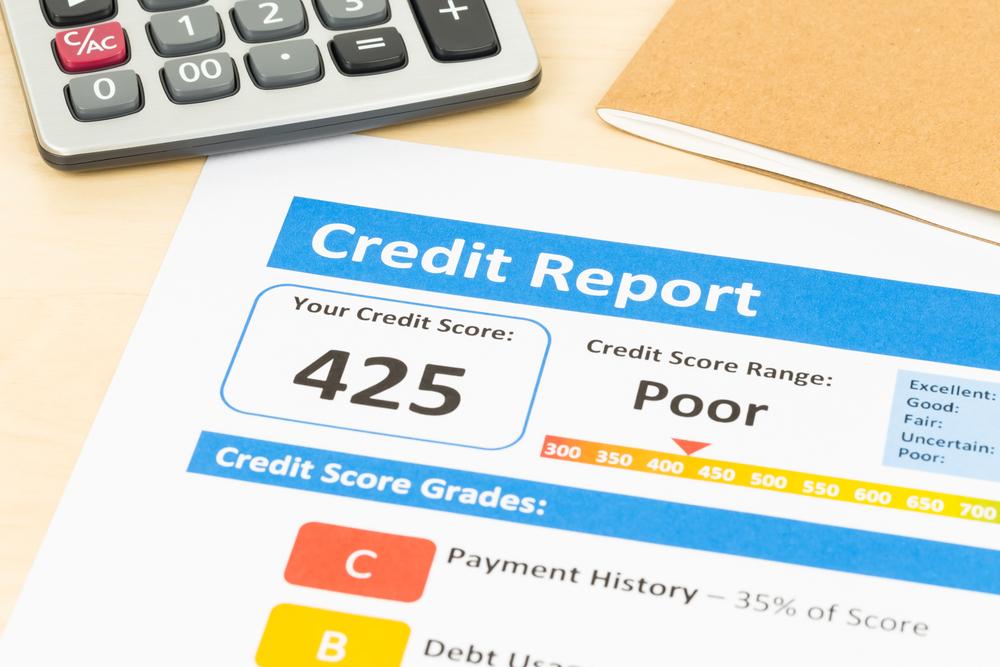Proven Methods to Improve Your Credit Score and Strengthen Financial Health
Discover comprehensive and effective strategies to boost your credit score. Learn how credit scoring models work, manage your accounts wisely, control your credit utilization, pay bills on time, and monitor your credit regularly. Improving your credit score can unlock better loan terms, lower interest rates, and greater financial stability. This detailed guide helps you understand the key factors affecting your score and offers actionable tips to enhance your financial health over time, ensuring you enjoy easier access to credit and improved economic opportunities.

Proven Methods to Improve Your Credit Score and Strengthen Financial Health
In the world of personal finance, building and maintaining a strong credit score is vital for accessing favorable loans, credit cards, and other financial products. Your credit score, a numerical indicator of your creditworthiness, influences the interest rates you receive, loan approval chances, and even rental applications. To improve your financial standing, understanding how credit scoring models work and implementing effective strategies is essential. This comprehensive guide provides detailed insights into credit scores, how they are calculated, and proven methods to boost your score for a more stable financial future.
Many financial institutions utilize popular credit scoring systems such as FICO and VantageScore to evaluate your credit risk. These models analyze your credit behavior over time, assessing factors such as payment history, amount owed, length of credit history, new credit inquiries, and types of credit used. Familiarity with these systems is crucial before attempting to improve your score, as it helps tailor your strategies effectively.
Understanding the classification of credit scores is fundamental in identifying where you currently stand and what areas need improvement. Under the widely used FICO scoring model, credit scores are segmented into distinct tiers:
FICO Credit Score Tiers
Scores ranging from 300 to 579 are characterized as poor. Individuals within this range often encounter difficulties accessing premium credit options, and they may face higher interest rates due to perceived risk.
Scores between 580 and 669 are considered subprime. This category accounts for approximately 17% of consumers and signifies limited access to favorable loan terms.
Scores from 670 to 739 are regarded as good, allowing consumers to qualify for better credit card offers and loan conditions.
Moving higher, approximately 21% of consumers hold a good credit score, falling within the 740-799 range. These individuals are typically eligible for lower interest rates and more attractive financial products, covering about 25% of the population. Excellent scores, ranging from 800 to 850, place consumers in the elite category, unlocking access to the most competitive rates, premium privileges, and exclusive offers from top lenders.
Alternatives in Credit Scoring: VantageScore System
In addition to FICO, the VantageScore model provides an alternative approach to evaluating creditworthiness. VantageScore considers similar factors but employs different algorithms and scoring ranges, offering consumers additional opportunities for assessment and improvement. Understanding both systems can help you strategize effectively based on the specific scoring criteria used by potential lenders or credit bureaus.
Effective Strategies to Enhance Your Credit Score
Having an accurate understanding of your current credit score provides a critical starting point. From there, implementing targeted strategies can significantly improve your credit profile. Rebuilding credit may take time and persistent effort, but the benefits include better borrowing terms, increased financial opportunities, and greater confidence in your credit standing. Here are detailed tips and actionable steps to boost your credit score systematically.
Maintain Active Status of Credit Accounts
Many consumers possess multiple credit cards, but the key to positive credit scoring lies in actively managing these accounts. Keeping all your accounts open and usable, even if you’re not making large purchases regularly, helps maintain a healthy credit history. Periodic usage of each card prevents the account from becoming inactive, which could negatively impact your credit report. For example, making small purchases and paying them off promptly keeps your accounts active and demonstrates responsible credit behavior.
Manage Number of Credit Cards Wisely
While having multiple credit cards can be advantageous if managed properly, excessive cards can lead to complications such as overspending, difficulty tracking payments, and potential credit damage. Experts recommend maintaining a maximum of three credit cards—preferably those offering rewards, cashback, or other benefits—to keep your credit profile healthy. Strategically controlling the number of cards simplifies management and minimizes the risk of overspending.
Optimize Your Credit Utilization Ratio
Your credit utilization ratio—the percentage of your available credit that you are using—is a critical factor influencing your credit score. Experts suggest keeping your utilization below 30%, with an ideal target of around 10%. For example, if your total credit limit across all cards is $10,000, your balances should not exceed $1,000 to maintain a healthy utilization ratio. Lower utilization indicates responsible borrowing and significantly improves your score.
Ensure Timely Bill Payments
One of the most influential factors affecting your credit score is your payment history. Making payments on time, including credit cards, loans, utilities, and other bills, demonstrates reliability to lenders. Set up reminders or automatic payments to avoid missing due dates. Consistent punctuality in bill payments builds a positive credit history, which is essential for obtaining favorable interest rates and borrowing conditions in the future.
Monitor Your Credit Regularly
Continuous monitoring of your credit report helps identify inaccuracies, fraud, or unauthorized activity that could harm your score. Annual free credit reports from bureaus like Experian, Equifax, and TransUnion allow you to review your credit status periodically. Address any discrepancies promptly to ensure your credit profile accurately reflects your financial behavior.
Limit Hard Inquiries and Opening New Accounts
Each time you apply for new credit, a hard inquiry is made, which can slightly lower your score temporarily. Avoid frequent applications for new credit unless necessary. When you do apply, consider spacing out applications over time. Additionally, avoid opening multiple new accounts in a short period, as this can signal financial distress and negatively impact your score.
Strategic Debt Payments
Paying down existing debt, especially high-interest debts, is crucial. Creating a repayment plan that focuses on clearing debts systematically reduces your overall liabilities and enhances your score. Utilizing debt snowball or avalanche methods can be effective in accelerating debt reduction while improving your financial standing.
In summary, improving your credit score is a gradual process that involves disciplined financial behavior, proactive account management, and vigilant monitoring. Adopting these proven strategies can lead to higher scores, better loan terms, and a more secure financial future. Remember, a higher credit score not only grants you financial advantages but also peace of mind in managing your economic health.





